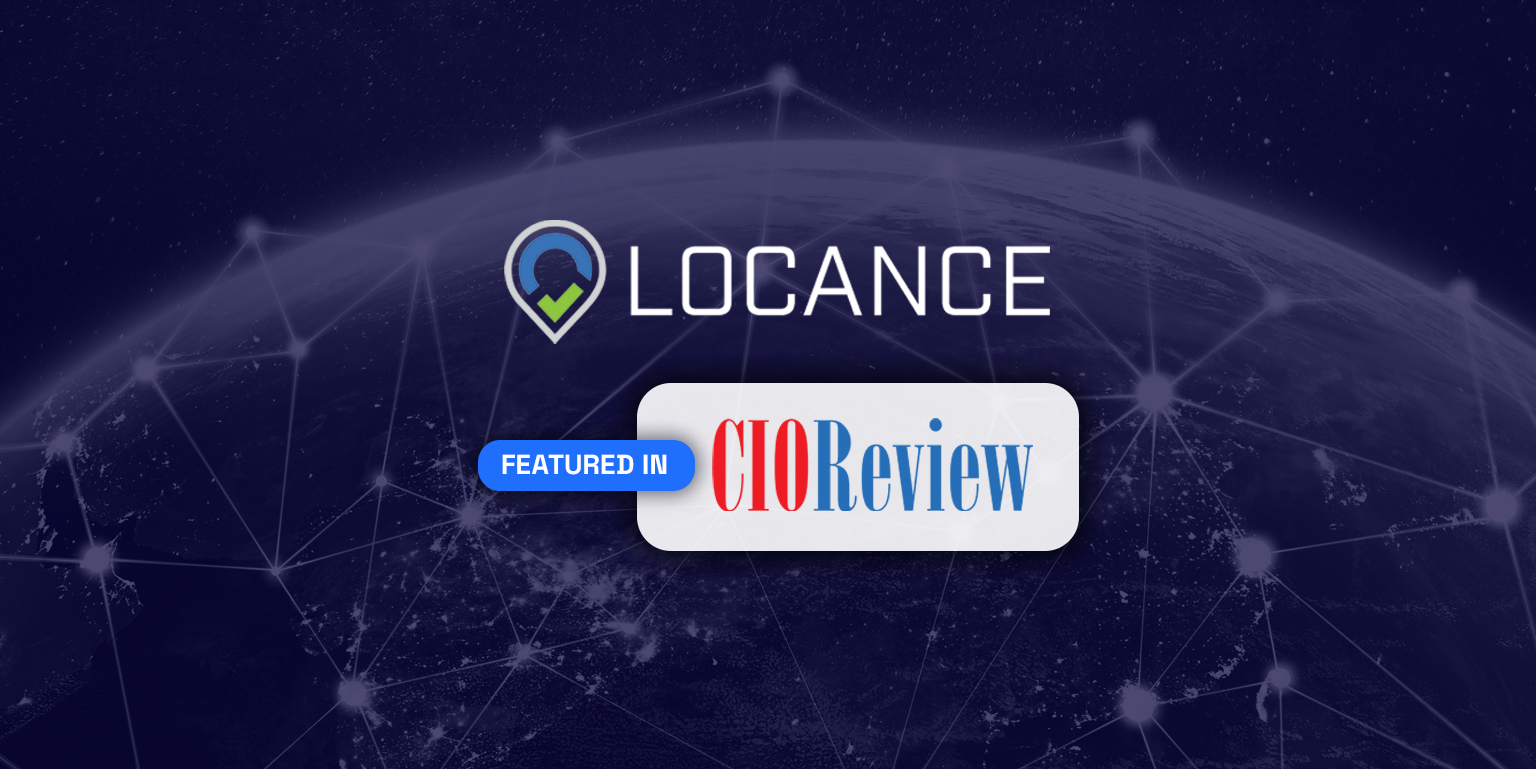Alberta’s iGaming revolution: Your geolocation compliance roadmap for Canada’s next big market
July 22, 2025

What’s covered in this post:
- An overview of Alberta, Canada’s iGaming market potential
- Alberta’s emerging compliance framework as of now
- Best practices for entering the Alberta iGaming market
- How to prepare for iGaming success in Alberta
The Canadian iGaming landscape is experiencing a seismic shift. With Bill 48 (the iGaming Alberta Act) officially passed in May 2025, Alberta has taken a monumental step toward becoming Canada’s second province to offer a competitive, regulated iGaming market. For operators already established in Ontario or those eyeing expansion into emerging Canadian markets, this development represents a pivotal moment that is set to reshape the landscape of geolocation compliance across North America.
Entry into Alberta’s regulated market will require operators to implement geolocation verification systems to ensure only eligible Alberta residents can access gaming platforms. This compliance requirement will be fundamental to legal market participation.
Alberta’s groundbreaking legislation creates tremendous opportunities alongside unique geolocation compliance considerations for operators. While the regulatory framework is anticipated to borrow heavily from Ontario’s proven model, Alberta’s independent approach means operators can expect distinct requirements that demand flexible, adaptive gaming compliance solutions. Understanding these nuances, including the geolocation verification requirements, will be critical for successful market entry and long-term operational success.
Alberta’s Market Potential
Don’t underestimate Alberta’s market size. The province is home to approximately 5 million residents, according to Statistics Canada, with some of the highest per-capita gambling spending in Canada, as BLG reports. Industry projections suggest Alberta’s iGaming market could generate up to $400 CAD million annually, according to Casino Industry News, positioning it as a significant revenue opportunity for operators.
What makes Alberta particularly attractive is its current market dynamics. Unlike Ontario, where regulated sites capture nearly 85% of online players, as iGaming Ontario reports, Alberta currently has no regulated private operators. The only legitimate online gaming option in the province is currently the government-run Play Alberta platform. This means the vast majority of Alberta’s online gambling activity is happening through unregulated offshore sites, presenting a massive channelization opportunity for compliant operators willing to invest in proper geolocation compliance infrastructure.
Learning from Ontario’s Success
Ontario’s regulated market provides a strong foundation for Alberta to build upon. Since launching in April 2022, the province’s iGaming market has achieved remarkable growth, reaching $3.2 CAD billion in gross gaming revenue for fiscal year 2024–25. This represents a 32% year-over-year increase and demonstrates the power of effective regulation combined with robust gaming compliance. Alberta has indicated it will use Ontario as a foundation for its regulatory approach, though specific compliance requirements remain to be finalized.
Alberta’s Emerging Compliance Framework: What We Know So Far
While Alberta’s framework is expected to borrow from Ontario’s playbook, the province has made it clear they’re charting their own course and view their jurisdiction as distinct and completely separate. This independent spirit may translate into several key differences that could impact geolocation compliance strategies, though specific requirements await final regulations:
1. Regulatory Structure
Alberta will establish the Alberta iGaming Corporation (similar to iGaming Ontario) to conduct and manage operations, while the Alberta Gaming, Liquor and Cannabis Commission (AGLC) will handle regulation. This creates a notable difference from Ontario, where the regulatory function (handled by AGCO) is separate from gaming operations (managed by iGaming Ontario under the OLG umbrella). Unlike this separated structure, AGLC will continue operating Play Alberta while simultaneously regulating competing private operators in the same market.
2. Accelerated Timeline
Alberta aims to launch by late 2025 or early 2026, giving operators a compressed timeframe to develop and test geolocation compliance solutions. If operators wish to go live upon the new market’s launch, they will need to have their compliance infrastructure fully implemented ahead of that timeline, requiring coordination between geolocation verification systems, KYC platforms, payment processors, and regulatory reporting systems.
3. Anticipated Player Protection Framework
Alberta’s legislation includes provisions for a centralized player self-exclusion system from day one; a mechanism that Ontario is still working to implement. If implemented as proposed, this system may require geolocation compliance providers to integrate with provincial databases and maintain real-time communication with exclusion monitoring systems.
4. Gray Market Transition Complexity
With a significant portion of Alberta’s current online gambling happening through unregulated operators, the transition to a regulated environment creates unique compliance challenges for legitimate operators. Unregulated operators that do not transition to regulated operation may risk having their sites blocked or banned from future market entry. As Alberta establishes its regulatory framework, compliant operators will face heightened scrutiny and must demonstrate robust geolocation compliance capabilities to distinguish themselves from gray market activity. This regulatory environment requires sophisticated geolocation compliance solutions that can:
- Verify legitimate Alberta residents with enhanced accuracy to meet regulatory standards that may exceed Ontario’s requirements
- Maintain detailed audit trails and reporting capabilities as regulators implement stricter oversight and monitoring of the newly regulated market
- Support comprehensive player verification processes, including enhanced due diligence procedures that may be required as players migrate from unregulated to regulated play
While legitimate operators cannot directly control gray market activity, they can position themselves for success by implementing compliance systems that exceed baseline requirements. This proactive approach demonstrates regulatory commitment and helps build trust with both Alberta’s gaming authorities and players transitioning from unregulated sites.
Best Practices for Alberta Market Entry
For operators preparing to enter Alberta’s market, here are key gaming compliance considerations:
1. Invest in Adaptive Technology
Choose geolocation compliance solutions that offer configurable rules engines and can quickly adapt to evolving regulatory requirements. Locance’s platform exemplifies this approach, providing the flexibility to adjust compliance parameters as Alberta’s specific requirements are finalized.
2. Prepare for Potential Enhanced Data Requirements
If Alberta follows emerging regulatory trends, operators may need to provide more granular location data for player protection purposes. Recent regulatory discussions suggest authorities want operators to use all available information to detect problematic gambling patterns, which could potentially include location-based analytics for responsible gaming monitoring.
3. Address Privacy and Security Considerations
Recent discussions around privacy legislation in Canada highlight the importance of ensuring geolocation compliance solutions can adapt to evolving data protection requirements. Operators should verify that their chosen providers can handle enhanced consent requirements for location data collection if such regulations are implemented.
Positioning for Success in Canada’s Next Big Market
Alberta’s iGaming market represents a significant opportunity for operators who approach geolocation compliance strategically. The province’s independent regulatory philosophy, combined with its substantial legacy gray market activity, indicates both established player demand and a complex transition environment for operators entering the regulated market.
Success in Alberta will require flexible, adaptive gaming compliance solutions that can evolve with the province’s developing regulatory framework. For operators already established in Ontario, Alberta offers a chance to leverage existing Canadian expertise while preparing for new compliance requirements as they are finalized.
The operators who invest early in robust, flexible geolocation compliance infrastructure like Locance will be best positioned to capture Alberta’s market opportunity while maintaining the regulatory integrity that will be essential for long-term success in Canada’s evolving iGaming landscape.
Don’t wait for Alberta’s final regulations to start preparing. With Locance’s adaptive geolocation platform, you can build your compliance infrastructure now and activate specific features as Alberta’s requirements are finalized. Contact our team to get started.








